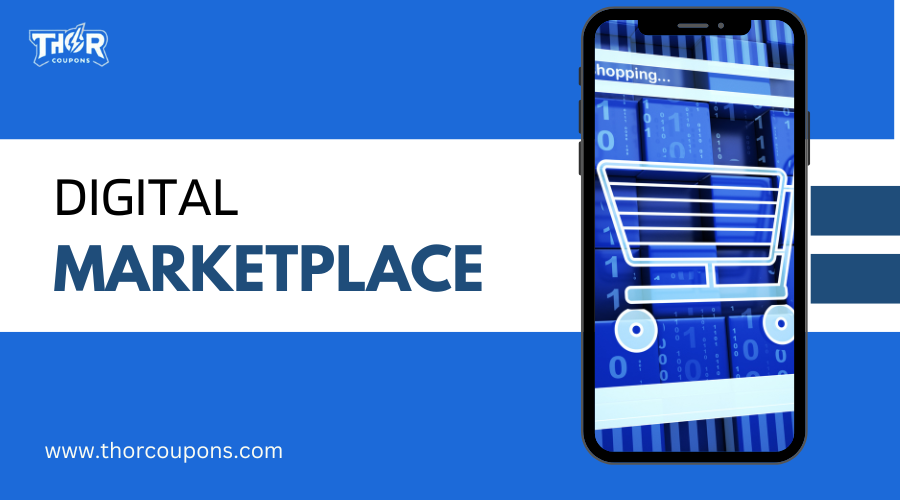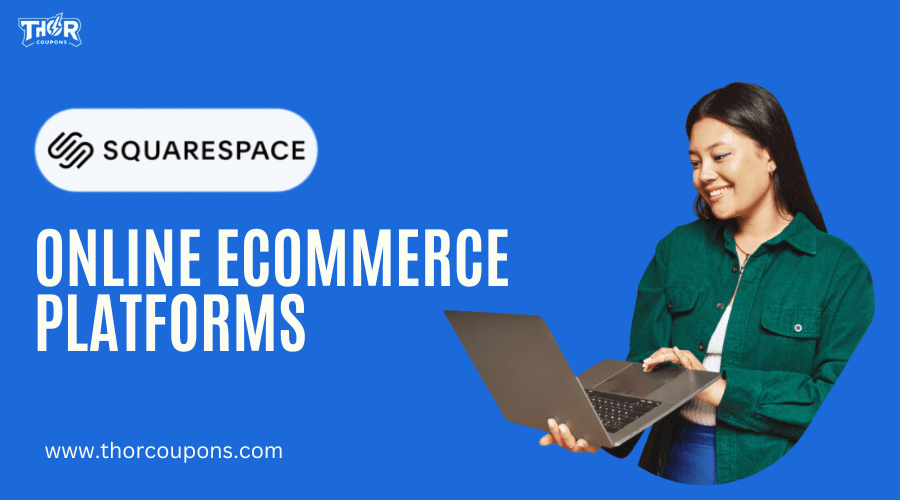The retail scene has changed altogether during the last 20 years. Simple online stores have very well grown into complex online markets that have fundamentally changed how we buy, sell, and do business. These days, online ecommerce platforms are complex networks that connect millions of customers and retailers worldwide, going beyond simple websites. They started out as essential shopping carts but have now pretty well evolved into comprehensive platforms that handle everything from inventory to customer service.
Understanding Modern Online Ecommerce Platforms
Online ecommerce platforms are fundamentally digital infrastructures used for online commercial transactions. Much obliged to popular online ecommerce platforms like Shopify, WooCommerce, and Magento, which pretty much allow business owners to set up storefronts with minimum technical information, online retail has become more available.
Generally speaking, there are three categories of major players in this industry. Initially, we have hosted solutions such as BigCommerce and Shopify, which offer comprehensive packages for fast store construction. Self-hosted solutions like WooCommerce and Magento come in second; they provide you with more control but need technical know-how. Lastly, retailers can post their goods alongside millions of others on marketplaces like Amazon and Etsy.
The Technology Behind the Scenes: Online Ecommerce Platforms
These days, e-commerce systems are software engineering miracles. They create smooth experiences by combining customer relationship management, inventory control, shipping computations, and payment processing. Chatbots for customer support and artificial intelligence for product recommendations are examples of advanced features that are more commonplace.
Security is still of the utmost significance, and platforms are putting advanced safeguards in place to very well ensure both shoppers and vendors. Secure payment gateways, fraud detection software, and SSL certificates all contribute to the development of trust in online transactions. To guarantee business continuity, the top online ecommerce platforms also provide strong backup systems and disaster recovery strategies.
Key Features of a Successful E-commerce Platform
First off, your store needs to stand out from the crowd. Nobody wants their shop to look like a carbon copy of someone else’s, right? The best online ecommerce platforms let you either pick from tons of cool templates or build something unique from scratch. That way, when people land on your site, they remember it.
Then there’s the whole payment thing – super important. Whether your consumers choose to use PayPal, their credit card, or those slick digital wallets, they should be allowed to pay as they choose. Everyone is pleased when the checkout process goes more smoothly.
Your store must look awesome on versatile gadgets since everybody is stuck to their phones these days. Nothing is more disappointing than attempting to purchase something on your phone and the site not responding. If it works superbly on both phones and tablets, you’re in luck.
You will want to use every available instrument for marketing. Good platforms hook you up with everything – email campaigns, social media stuff, SEO tools, the works. It’s all about getting eyes on your products and climbing those search rankings.
Last but not least – customer support. Because, let’s face it, things do not always go as planned. With appropriate support channels, valuable guidelines, and maybe even a community of other store owners who can very well exchange advice, you need a platform that has your back.
Choosing the Right Online Ecommerce Platforms
First up – nobody wants to deal with a platform that feels like you need a computer science degree to use it, right? When you look at it, you want something that just makes sense. Consider this: it’s an issue if you’re spending more time finding out how to update your product listings than you are selling things.
Then there’s the financial aspect of it. Yes, the monthly charge may initially seem like a fair amount, but there are other expenses to consider. Those subscription fees and extra charges can really add up over time – kind of like death by a thousand paper cuts for your wallet!
Here’s another biggie – room to grow. Let’s imagine your business takes off (I hope so!), and all of a sudden you have a lot more clients and merchandise than you had at the beginning. It must be easy for your platform to accommodate that expansion. Nothing worse than having to switch online ecommerce platforms right when business is booming.
And don’t forget about the nitty-gritty features that matter for your specific business. Like, if you’re selling clothes, you’ll want good inventory tracking to keep tabs on sizes and colors. Or if you’re in tech, maybe you need a solid review system. It’s all about making sure the platform has the right tools for your particular needs.
To ensure efficient operations, the platform must integrate easily with other tools the company currently employs, such as shipping or accounting software.
Selecting the appropriate platform is similar to constructing a solid foundation for a house; when done correctly, everything else flows naturally and promotes the expansion of the company.
Success in the Digital Marketplace: Online Ecommerce Platforms

Success on online ecommerce platforms requires more than just listing products. Effective digital marketing, stellar customer service, and efficient operations are essential. Successful sellers typically excel at:
- Product Photography: To attract attention and showcase things in the best possible way, high-quality photos are essential. Professional, clear photographs foster trust and aid in buyers’ understanding of what they’re purchasing.
- Writing Product Descriptions: Creating thorough, precise product descriptions that address often-asked client questions can significantly increase sales. Potential customers are less hesitant when they can make well-informed judgments thanks to clear descriptions.
- Inventory management: To prevent product shortages or overselling, precise stock levels must be maintained. Effective inventory control guarantees prompt and seamless order fulfilment.
- Customer Communication: Positive shopping experiences are produced by prompt, courteous responses to consumer questions and concerns. Effective communication promotes repeat business and increases client loyalty.
- Data analysis: To track their sales performance and spot trends, successful sellers employ analytics. They may stay competitive by making well-informed decisions, modifying their tactics, and enhancing their products through data analysis.
Conclusion
For companies wishing to create aesthetically beautiful and intuitive online ecommerce platforms, Squarespace provides a complete solution. It gives businesses what they need to establish a powerful online presence with its user-friendly design tools, smooth payment processing integration, and mobile optimization. Squarespace makes it simple to manage products, personalize your shop, and use integrated SEO and marketing tools to increase traffic and sales, regardless of your brand’s size.
For more information, visit Thorcoupons.

